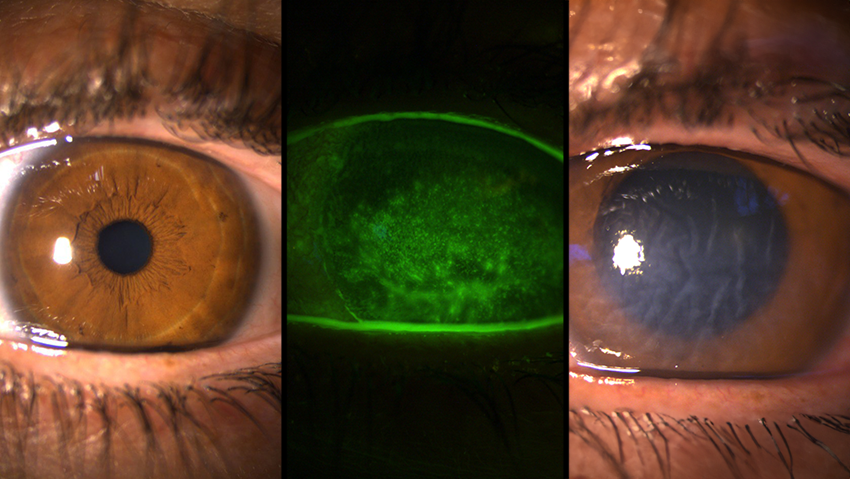Getting your Trinity Audio player ready...
British singer Elton John, 77, announced on his Instagram account that, due to complications from an eye infection, his vision has been impaired and he’s suffering from partial blindness.
In a post to his fans, Elton John explained the sequence of events that led to the impairment, noting that the recovery process will be long and slow, though there’s hope that his vision will recover.
Although the singer’s announcement may sound alarming, this is actually a fairly common risk. Eye infections cover a variety of medical conditions that can affect different parts of the eyes of both adults and children for various reasons. If the infection isn’t treated properly and in time, it can lead to vision impairment, but prompt treatment can resolve the medical issue without any lasting damage.
The most common infection is conjunctivitis, which affects the transparent membrane covering the inside of the eyelid and the white part of the eye, causing it to turn red. This infection, usually caused by bacteria or viruses, also leads to discharge and is considered highly contagious.
Treatment for bacterial conjunctivitis involves antibiotic eye drops applied for a week. Viral conjunctivitis will usually clear up on its own within a few days, but requires monitoring as it can sometimes leave scars on the cornea and affect vision.
Blepharitis develops when the oil glands are blocked due to a chronic issue, causing the oil to thicken and clog the glands. This creates fertile ground for bacteria to multiply, leading to bothersome symptoms like discharge, tearing, and itching.
Treatment involves maintaining hygiene and regularly cleaning the area with wipes or appropriate products. In some cases, the treatment may need to be expanded with additional antibiotics in various forms.
Contact lenses are a risk factor for infections in users, particularly affecting the cornea which is a very sensitive part of the human eye. In this case, the infection manifests as eye pain that worsens with exposure to light, along with redness.
An infection in the cornea can cause scarring and significantly endanger vision. Treatment in such cases may involve high-concentration and high-frequency antibiotics or antiviral medications if the infection is viral, as well as antifungal or antiparasitic treatments.
Sometimes, corneal inflammation caused by wearing contact lenses can develop due to an allergy to the lenses themselves or to their cleaning solutions. Symptoms in such cases include tearing, redness, blurred vision, pain, tingling, itching and more. It’s important to consult a professional in such situations and consider switching to a different type of lens, but only after discontinuing use until the eye improves.
One cause of corneal infection can be herpes, the same virus responsible for common infections around the mouth and genital areas. Herpes eye infections manifest as redness, inflammation and pain in or around the eye accompanied by sensitivity to light. It's possible to prevent long-term vision damage with appropriate and swift treatment.
Corneal infections can also result from foreign objects entering the eye, such as in cases of injury or trauma, where the damage can introduce contaminants into the cornea and trigger an inflammatory process. These cases are typically treated by removing the foreign object and administering antibiotics, under professional supervision and regular monitoring of the eye's condition.
The risks of developing these various inflammations are ever-present, mainly because they're often related to the use of everyday products such as contact lenses, or involve contaminants found everywhere like door handles, towels, keyboards and more. Therefore, it’s crucial to maintain strict hygiene and pay attention to symptoms that warrant medical attention.
 Prof. Michael MimouniPhoto: Rambam Health Care Campus
Prof. Michael MimouniPhoto: Rambam Health Care CampusUsually, conjunctivitis or eyelid inflammation doesn’t endanger the eye or vision and mostly results in discomfort. However, corneal infections present a different situation. Since the cornea is transparent, any infection that leads to scarring can cause cloudiness and impair vision. If untreated in time this damage may become permanent, so it’s essential to take symptoms seriously and promptly seek medical attention.
- Prof. Michael Mimouni serves as an attending physician and director of the Cornea Unit in the Department of Ophthalmology at Rambam Health Care Campus and the chair of the Israeli Ophthalmological Society’s cornea division.



